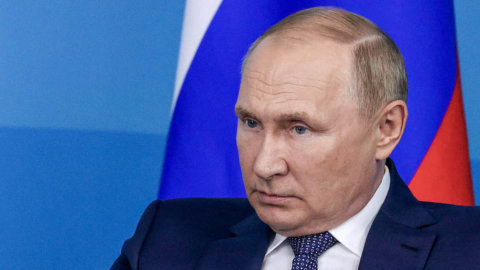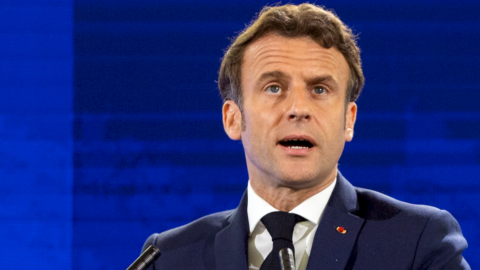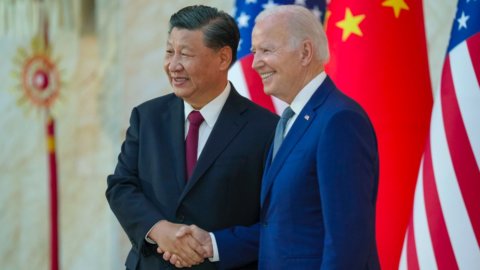The first web radio was born in 1995 from an idea by Rob Glaser and, since then, this phenomenon has not stopped growing. In 2002, MIT research had brought to light more than 27 independent web radio stations around the world, and since then it is estimated that the number has more than doubled. What is the fortune of this growing phenomenon?
The first thing that catches the eye is its low cost and easy management: in fact, to set up a radio on the internet, a PC and a server are enough, and it is transmitted via streaming, a service that many realities provide at decidedly sustainable costs.
However, the strong advantage that making radio on the internet entails is not only at an economic or administrative level: despite having a global reach (and therefore an absolutely heterogeneous audience), the new radios have very often produced strong programming due to their experimental scope. Aimed at a new audience – so vast that it cannot be standardized – the radios felt free from a production that had to address a listener planet, and they started to tell us something more personal.
This, not surprisingly, is the message that came out most forcefully from the chat with Lorenzo Ricca, president of a young Turin web radio which, from month to month, sees its reach grow.
Radio Banda Larga was born between 2011 and 2012 from the idea of Lorenzo Ricca, Renato Striglia and Francesco Cannavà. His "Charter of Values" provides, among other things, no advertising, no profit and participation open to all. First supported by the Biloba Cooperative, autonomous and later also transformed into a Cultural Association, RBL is the first Italian radio station whose broadcasts are recorded outside the radio studios.
Why this choice of radio outside the studios?
What we want to create with RBL is a direct relationship with reality. Taking the radio outside the walls means opening up to participation and collaboration, but above all letting reality enter the broadcasts with arrogance. Recording a live program from the Chamois music festival (CHAMOISic), for example, does not only mean having a direct line to the realities that interest us, but also letting the noises of the outside enter the microphones, making sure that the people who pass by can stop and listen and maybe even intervene in person. It's a very physical radio.
Your motto is «Everyone can make radio. DJs too!" What does it mean?
It may seem paradoxical, but we have designed a radio more for those who make it than for those who listen to it. What matters most to us is that those who set up their own program are encouraged to come up with their own ideas, to understand what they want to communicate, not to lean on someone else's directives. For this reason we have decided not to appoint any artistic director, not to define our guidelines too clearly. In the era of users who generate content, where access to the media is more direct, for us this means focusing on the fact that we can all take hold of them and transmit our knowledge through them.
Are your social laboratories born in this wake?
Yes, our ideas have led us to use the radio as an educational medium. We are convinced that any artistic medium is capable of stimulating self-reflection, a very strong awareness, and for this reason we have brought Radio Banda Larga into difficult contexts. We approached slowly, first just standing still, then trying to get the boys involved. We have discovered how the simple choice of a song to air can move the conscience of those involved: it involves asking themselves what they want to say about themselves, which forces them to create a connection with themselves, to get to know each other, but, even more complicated, to learn to make what you want to say communicable, to create a bridge with the outside world. That's what we want to do with our radio, which is why we put their programs in the hands of DJs. It's a very important thing for us.
IAt a time when verbal communication has been supplanted by visual communication, radio seems to be an almost revolutionary medium
It is true. With the radio we really try to disregard the image, which leads to immediate but very superficial communication. Words are a strong tool, if then combined with music, they become a means for a complete, rational and emotional awareness.
How do you think the web radio phenomenon will evolve?
We are in a historical moment in which it is difficult to make predictions. Every day there is someone more who listens to web radio on the go (you can listen to it with any smartphone), but the biggest obstacle remains listening in the car. 80% of radio listeners listen to it from the car, on their way to work or while travelling; there is already a tool to listen to the web radio from the car, but I can't predict where it will take us.
The point is that the web allows you to disregard the problem of listeners, or in any case not to start from that. The Internet (which seemed to be the medium that would rarefy human relationships) allows us to base our radio precisely on the people who make it, on who they are and on the importance of communicating it.
Communication and humanity, community, collaboration and also a young entrepreneur. You are president of the Banda Larga Cultural Association and you are only 24 years old. How do you feel having such an important project on your shoulders?
On the one hand I feel a strong satisfaction, but I don't deny that it can also be a burden. There are many ideas, but it is often difficult to consolidate them due to the economic limits we have. It must be said, however, that I consider myself lucky to be of this generation; we are aware that we are living in a time of great uncertainty, which no longer makes us believe in the study-work model. This allows us to have more freedom, to launch ourselves into new projects driven by our passions, so I think it gives us more opportunities. Maybe I still can't feel professionally fulfilled because I can't live on what I do, but I feel humanly fulfilled, I feel I'm on the right path, in which I believe. And that's not much.





